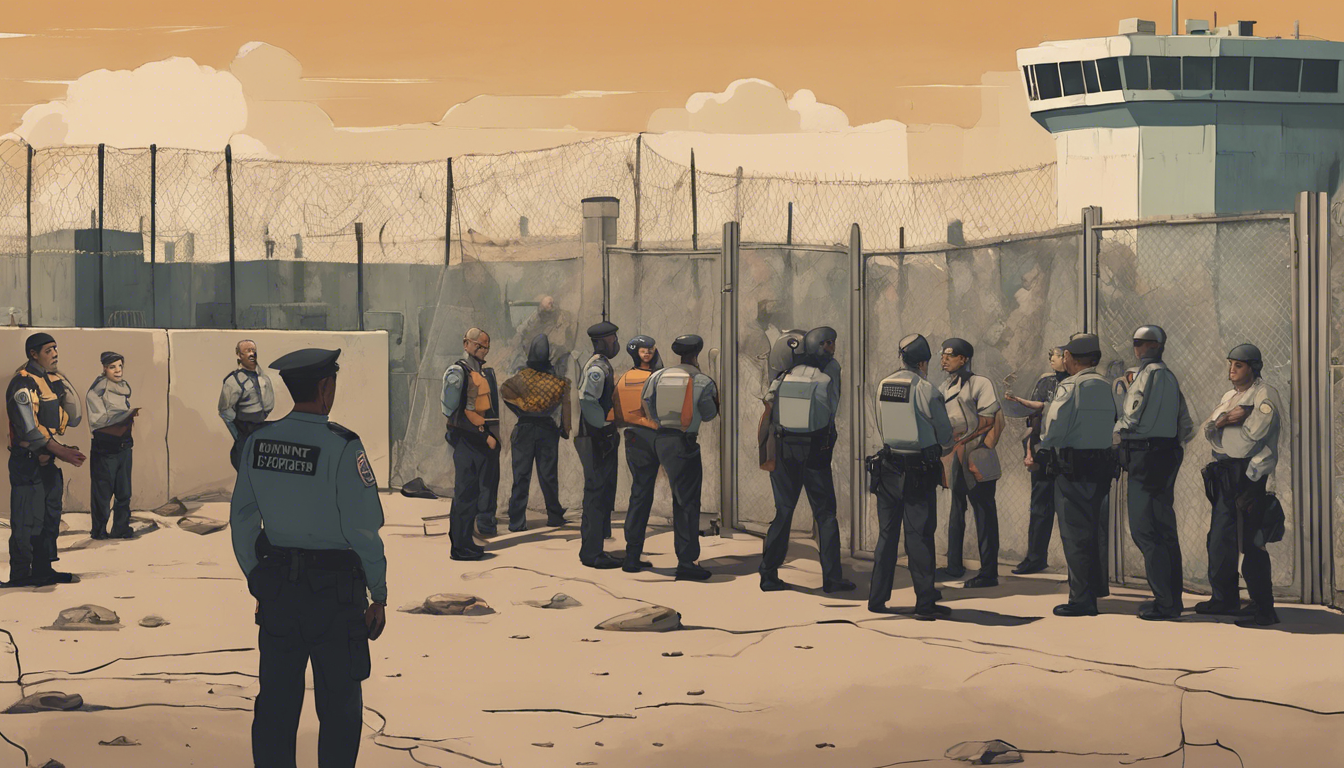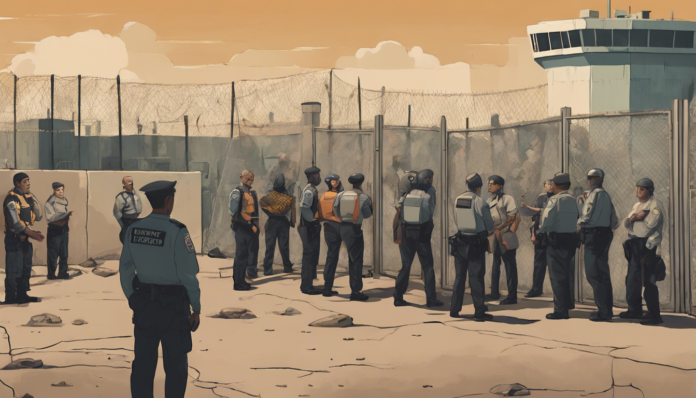
As President-elect, Donald Trump’s immigration policy has stirred intense debate across the political landscape, focusing on issues of border control and mass deportation. His promises of ‘unprecedented order’ at the southern border and large-scale deportation initiatives reflect a view of immigration as a national crisis that requires immediate action. This article delves into the intricacies of Trump’s immigration agenda, exploring the promised measures and the potential challenges they present in terms of legality and economic impact. From the enforcement of strict re-entry bans implemented by past legislation to the anticipated use of military resources for deportation, Trump’s proposals raise significant questions that warrant a closer examination.
Key Takeaways
- Trump’s administration aims for unprecedented border control and mass deportation from day one.
- Implementation of Trump’s immigration policies faces significant legal and logistical challenges.
- Critics warn that mass deportation could result in high economic costs and legal complications.
The Promises of Trump’s Immigration Policy
The immigration policy promises laid out by President-elect Donald Trump signal a dramatic shift in the approach to one of the most contentious issues facing the United States. Throughout his campaign, Trump has prioritized the enforcement of what he categorizes as ‘unprecedented order’ along the southern border, vowing to initiate a large-scale deportation operation on his first day in office. This focus on immigration reflects Trump’s view of the situation as a crisis, one that necessitates a swift and comprehensive response through a variety of controversial policies aimed at curbing illegal immigration and controlling new arrivals. By articulating a desire for a lawful immigration process, Trump persists in addressing the challenges associated with re-entry for millions of undocumented immigrants, most of whom face significant barriers due to existing restrictive policies. The implementation of the 1996 Illegal Immigration Reform and Immigrant Responsibility Act, which enforces strict re-entry bans, exemplifies the complex legal landscape surrounding re-legalization efforts for undocumented individuals. As Trump’s administration aims to surpass deportation rates from his first term, possibly utilizing the National Guard to facilitate these operations, the implications of his policies are stirring fierce debate. While his supporters argue these measures are essential to restoring order, critics caution that extensive deportation endeavors could result in legal hurdles and notable economic ramifications, placing a financial strain on an already burdened government system. Understanding these dynamics is crucial for those following the future of U.S. immigration reform.
Legal and Economic Implications of Mass Deportation
The legal and economic implications of mass deportation are complex and far-reaching, posing significant challenges not only for individuals but also for the broader societal framework. As President-elect Donald Trump’s administration moves forward with its immigration agenda, the potential repercussions of mass deportation operations will likely reverberate through various sectors. From a legal standpoint, the enforcement of deportations on such a scale can result in significant litigation, as affected individuals may seek to protect their rights or contest their deportation based on family ties, humanitarian grounds, or existing legal precedents. Furthermore, the prolonged absence of millions of workers from various industries could lead to labor shortages, particularly in sectors heavily reliant on immigrant labor, such as agriculture and construction. Economically, the costs associated with mass deportation extend beyond immediate law enforcement expenditures; they could include reduced consumer spending, loss of tax revenue, and increased burdens on social services and public health systems as communities adjust to the sudden population shifts. As these dynamics unfold, stakeholders must engage in comprehensive discussions about the future of immigration policy, weighing the potential benefits of stricter enforcement against the humanitarian and economic costs that may arise.


